Bellsferrycottage
Chirping
- Apr 21, 2022
- 52
- 74
- 58
I have some 20-23 week old pullets ( not laying yet) including some 1 year old laying silkies. A week ago my 20 week old EE suddenly appeared lethargic, I brought her inside and upon picking her up I noticed she felt very light and skinny. She was fine the day prior, eating and eating mealworms. She was lethargic and skinny the next, crop is empty, no sneezing, no eye or mouth discharge. Eyes look clear. Refuses to eat or drink. I syringed some nutridrench and electrolytes in her. No parasites whatsoever. After a day I watched her convulse and died.
Now, light brown leghorn is doing the same. Fine one day and emaciated and can’t walk the next. I started treating for coccidia yesterday for her and the whole flock. She’s not moving still and I’ve been syringe feeding some cat food and corrid water in her. I brought her inside yesterday and she’s more lethargic today. She’s also having diarrhea (same as EE when she passed) Brought the fecal sample to the vet and he didn’t see any parasites or coccidia. They are in a fully enclosed run, bought from TSC as chicks except the EE who was from a feed store. Idk what else to do. No external parasites.
Now, light brown leghorn is doing the same. Fine one day and emaciated and can’t walk the next. I started treating for coccidia yesterday for her and the whole flock. She’s not moving still and I’ve been syringe feeding some cat food and corrid water in her. I brought her inside yesterday and she’s more lethargic today. She’s also having diarrhea (same as EE when she passed) Brought the fecal sample to the vet and he didn’t see any parasites or coccidia. They are in a fully enclosed run, bought from TSC as chicks except the EE who was from a feed store. Idk what else to do. No external parasites.

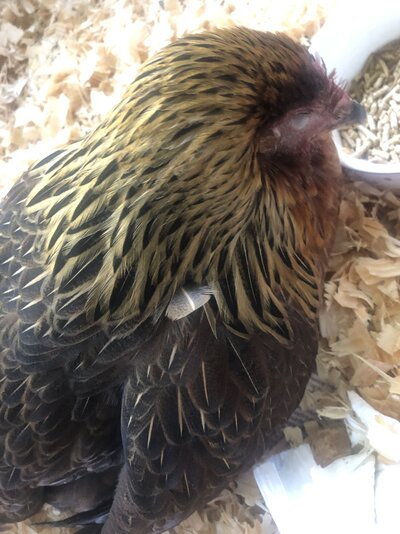
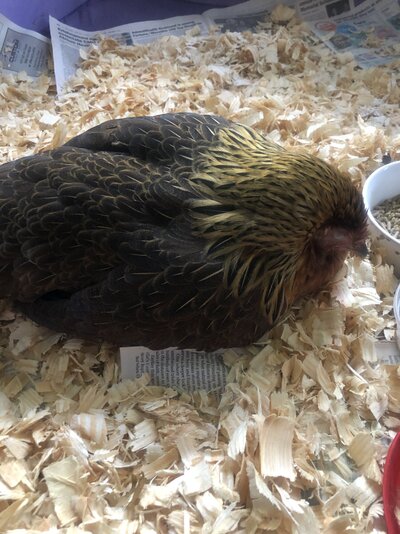
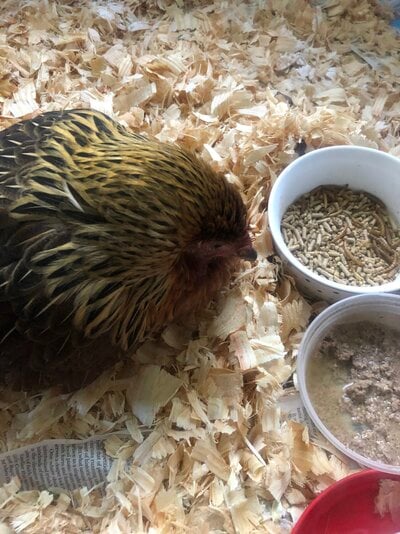
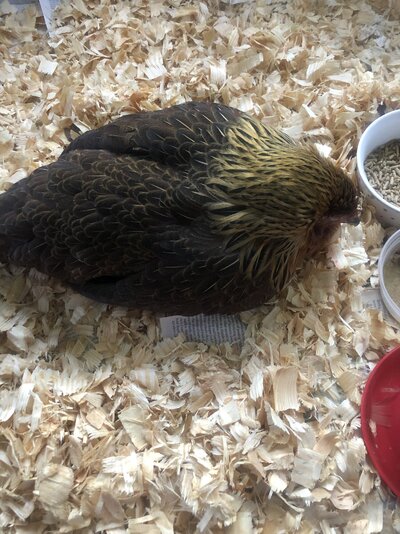
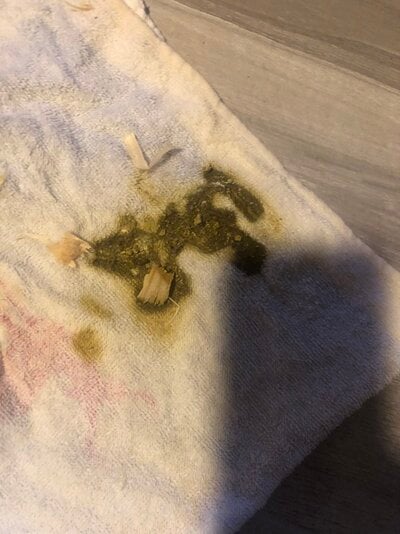



 I'm so sorry
I'm so sorry 